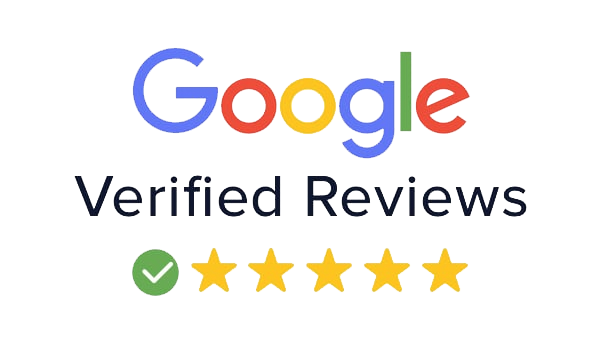How Do I Undo a Reverse Mortgage?
A reverse mortgage is a powerful vehicle that lets seniors tap into the equity in their homes, even when they’re not able to qualify for a conventional mortgage or home equity line of credit. However, nj.com’s recent article, “Can we undo a reverse mortgage to keep the home?” says that the rules that surround reverse mortgages can be a little confusing.
There are a few common misconceptions about reverse mortgages, one of which is that the bank owns the home.
A reverse mortgage is just an easier way for those 62 and older to qualify for a traditional home equity line of credit, without a requirement to pay back principal and interest over time. This is important to seniors on a fixed income, who may want to borrow cash without a monthly loan payment.
However, the downside to not paying principal and interest, is that over time the loan balance increases rather than decreases.
Just like a traditional mortgage, when the borrower moves or dies, the bank will want to be reimbursed.
If the loan balance is more than the value of the home, the bank takes ownership.
However, if the value of the home is more than the loan value, the homeowner—or heir—may sell the home and pay off the loan.
If the homeowner wants to decrease the outstanding loan during homeownership, they can typically do this.
Paying down reverse mortgage debt will increase the amount of money available to borrow later.
You can talk to a company that has the reverse mortgage to discuss the particulars of the loan, but before signing anything, speak with your estate planning attorney to see how a reverse mortgage will affect your estate plan.
Reference: nj.com (December 13, 2019) “Can we undo a reverse mortgage to keep the home?”


